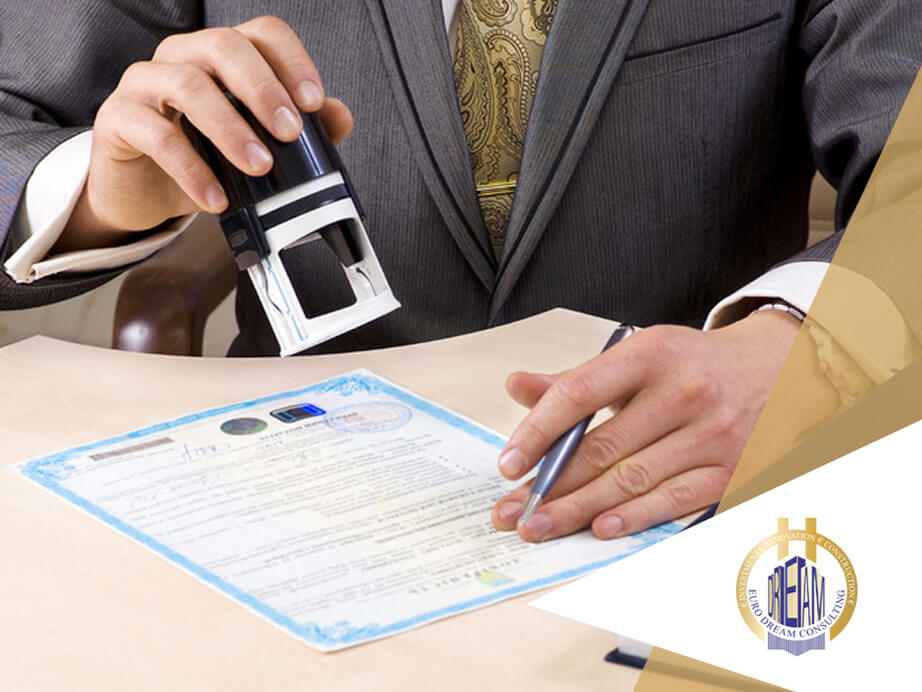Registering Companies and Legal Entities in Spain: A Comprehensive Guide
Establishing a company or legal entity in Spain opens the doors to exciting business opportunities in a thriving European market. However, the registration process involves several steps and legal requirements. In this comprehensive guide, we provide a step-by-step approach to registering companies and legal entities in Spain, covering the essential requirements and procedures.
Step 1: Choose the Legal Structure: Select the appropriate legal structure for your business in Spain. Common options include Sociedad Limitada (SL), Sociedad Anonima (SA), and branches of foreign companies. Each structure has its own implications in terms of liability, taxation, and management, so carefully consider your business needs and objectives.
Step 2: Reserve the Company Name: Reserve your company name with the Central Commercial Registry (Registro Mercantil Central). Ensure that the chosen name is unique, complies with naming regulations, and is not already in use by another entity.
Step 3: Obtain a Número de Identificación Fiscal (NIF): Apply for a Número de Identificación Fiscal (NIF), which is the tax identification number for your company. This number is necessary for various legal and tax-related purposes and can be obtained from the Tax Agency (Agencia Tributaria).
Step 4: Prepare the Deed of Incorporation: Prepare the Deed of Incorporation, which outlines the company’s bylaws, shareholders’ details, and other pertinent information. This document must be signed before a notary public in Spain or a Spanish diplomatic mission abroad.
Step 5: Deposit the Capital: If you are establishing a Sociedad Limitada (SL) or Sociedad Anonima (SA), you will need to deposit the company’s initial capital in a Spanish bank account. The amount of capital required varies depending on the legal structure chosen.
Step 6: Register with the Mercantile Registry: Register the company with the Mercantile Registry (Registro Mercantil) corresponding to your intended business location. This registration formalizes the incorporation of the company and grants it legal personality.
Step 7: Obtain the CIF from the Tax Agency: After the company is registered, you will receive the company’s CIF (Código de Identificación Fiscal) from the Tax Agency. This unique identifier is necessary for tax compliance.
Step 8: Register with the Social Security System: If your company will employ workers, you must register with the Spanish Social Security System (Tesorería General de la Seguridad Social) and obtain a company code (código de Cuenta de cotización) for social security contributions.
Step 9: Obtain Local Licenses and Permits: Depending on your business activities, you may need additional licenses or permits at the local level. Check with the relevant local authorities to ensure compliance with specific regulations.
Step 10: Comply with Tax and Labor Obligations: Finally, ensure that your company complies with all tax and labour obligations. Register with the Tax Agency for the applicable tax regimes, and adhere to employment laws, such as hiring contracts and payroll compliance.
Registering companies and legal entities in Spain involves a well-structured process and adherence to legal requirements. By following this step-by-step guide, entrepreneurs can navigate the registration process smoothly and establish their businesses with confidence. Partnering with legal and financial experts can further streamline the registration process and ensure compliance with all necessary regulations. With successful registration, your company is poised to tap into the vibrant Spanish market and embark on a journey of growth and prosperity.







